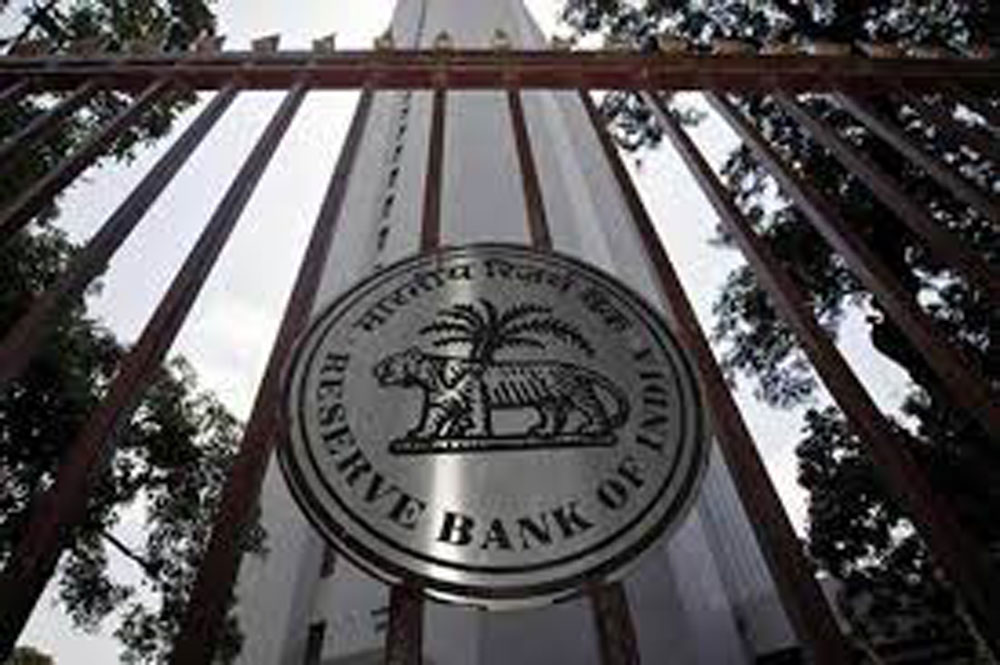The Reserve Bank is expected to come out with a report next month to facilitate the development of the secondary market for corporate loans.
The central bank had set up a task force to suggest policies and regulatory interventions required to develop the secondary market for corporate loans, including a loan transaction platform for stressed assets.
The secondary loan market in India is largely restricted to sale to asset reconstruction companies and ad hoc sale to other lenders, including banks, but there is no formal mechanism to deepen the market.
As part of the efforts to further deepen the capital market, the central bank is also likely to release another report on housing finance securitisation by August-end.
Sources said both these reports are expected by the end of next month.
India’s mortgage securitisation market is primarily dominated by direct assignments among a limited set of participants on account of various structural factors, impacting both the demand and the supply side, as well as certain prudential, legal, tax and accounting issues.
In terms of size, all the major segments of the capital market — G-Securities, state development loans (SDL), corporate bonds and equities — have experienced consistent growth during the past few decades.
In May, the RBI had constituted two committees, one on the development of the housing finance securitisation market and the other on the development of the secondary market for corporate loans.
Transaction platform
The panel on corporate loans has been asked to suggest policies required to facilitate the development of a secondary market in corporate loans, including a loan transaction platform for stressed assets.
It will suggest steps for the creation of a loan contract registry, its ownership structure and related protocols such as the standardisation of loan information, independent validation and data access.
The committee has been asked to assess the state of housing finance securitisation markets in India.
It was also asked to study the best international practices as well as lessons learnt from the global financial crisis and propose measures to further develop these markets in India by identifying the critical steps required.
This report, too, is expected to be released by the central bank next month.
As part of the initiatives to develop the Indian capital markets further, the RBI released a draft report of the internal working group on review of the timings of various markets the central bank regulates and the associated payment and settlement infrastructure.
Stakeholders’ comments have been sought on the report by August 1.
The RBI regulates various markets such as money, government securities (G-Sec), foreign exchange (forex) and derivatives on interest rate, currency and credit.










